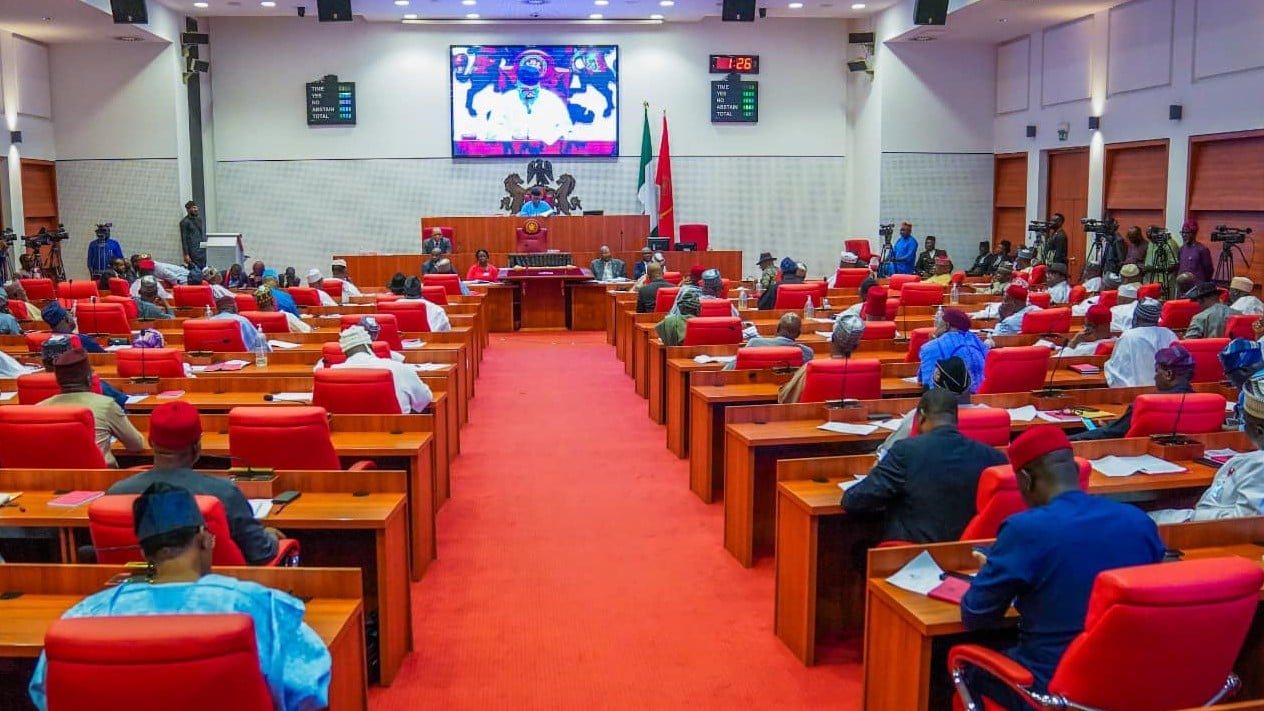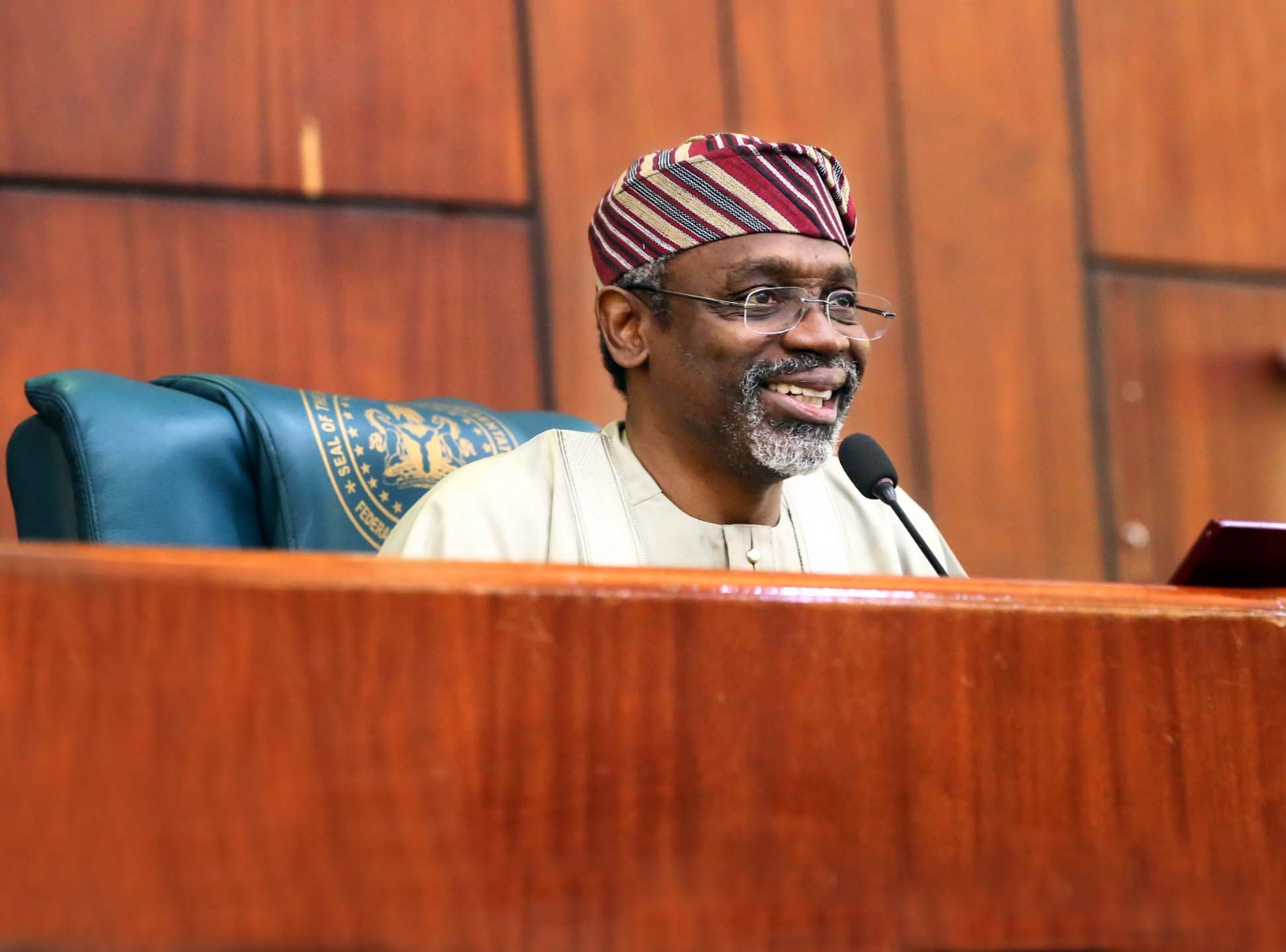BY NURUDEEN SHEHU
Not since the turbulent days of First Republic Nigeria and the military-led regime of General Yakubu Gowon has any administration given such primacy to youth inclusion in governance as the President Bola Ahmed Tinubu administration. Right from the onset of his successful campaign for the presidency, President Tinubu made clear his intention to tap from the boundless energy, resourcefulness and dynamism of Nigerian youths by making them an integral part of his Renewed Hope administration.
Since the inauguration of his administration last year, President Tinubu has appointed many deserving Nigerian youths to ministerial and executive positions in key ministries and MDAs, and as key advisers and presidential aides. The roll-call of youthful appointees who are below the age of 45 includes Bosun Tijani, Minister of Communication, Digital Economy and Innovation; Engineer Olubunmi Tunji-Ojo, Minister of Interior; Imaan Sulaiman-Ibrahim, Minister of State, Police Affairs; Hannatu Musawa, Minister of Art, Culture and Creative Economy; Prince Shuaibu Audu, Minister of Steel. Others are Joseph Utsev, Minister of Water Resources and Sanitation; Zacchaeus Adedeji, Chairman, FIRS; Khalil Khalil, CEO, NASENI and the youngest minister in this dispensation, Dr Betta Edu of the Ministry of Humanitarian Affairs and Poverty Alleviation.
Edu’s recent suspension by President Tinubu after a week of swirling accusations of financial misconduct against her to the tune of N585 million has brought to a temporary halt the meteoric political rise of the young medical doctor from Cross River state after a leaked memo showed that she had requested in December 2023 for the Accountant-general of the Federation to transfer money from the account of the National Social Investment Office to the private account of the project accountant of the Federal Government’s Grants for Vulnerable Groups (GVG) project, which run contrary to the provisions of the Financial Regulation Act 2009 which expressly states in Chapter 7, section 713 that “personal money shall in no circumstances be paid into a government bank account, nor shall any public money be paid into a private account”. Her suspension also comes on the heel of the suspension of the head of the FG’s National Social Investment Programmes Agency (NSIPA), Halima Shehu for a similar infraction by the president.
Advertisement
Edu’s suspension as minister of the frontline ministry, alongside Halima Shehu, the suspended head of the National Social Investment Programmes Agency (NSIPA), casts a long shadow over the promise and perils of youth inclusivity in governance. While their cases, currently under investigation by the Economic and Financial Crimes Commission (EFCC) as directed by Mr. President, await due process, the mere suggestion of financial infractions at such high levels demands introspection, not just for the individuals involved, but for a generation of young political appointees entrusted with the reins of power by President Bola Tinubu. The allure of power, especially for young individuals thrust into positions of influence, can be intoxicating. However, the recent events surrounding Betta Edu and Shehu serve as a grim reminder that power is not a plaything, but a sacred trust. It comes with immense responsibility and demands the highest standards of ethical conduct.
Betta Edu’s appointment as Nigeria’s Minister of Humanitarian Affairs and Poverty Alleviation by President Tinubu from the onset was met with mixed reactions. While some praised her expertise in social development and women’s mobilisation; others, especially established members of the ruling All Progressives Congress (APC) questioned her political experience and qualifications for the high-profile role. The manner of her emergence too as national women leader of the party was also cause for much debate with some viewing her appointment as political compensation for the immediate past governor of Cross Rivers, Professor Ben Ayade under whom she served as commissioner for health.
Recent allegations of financial mismanagement within her ministry and lead agency, NSIPA under her purview further ignited a media firestorm leaving President Tinubu with no choice but to order her suspension.
Advertisement
The temptation to cut corners, circumvent established procedures, or succumb to the allure of quick gains for young political appointees can be immense. Betta’s ordeal therefore should serve as a wake-up call for some of them in the present dispensation. They must do well to remember that the public eye is always watching, and any misstep can have devastating consequences, not just for their career, like in Betta Edu’s case but for the reputation of the government, millions who rely on the programs headlined by their ministries/MDAs for their survival and lastly, on Nigerian youths aspiring legitimately to positions of responsibility in the Nigerian public service.
Edu’s story, if proven true after a diligent investigation by the EFCC as announced by presidential spokesman, Ajuri Ngelale, is a cautionary tale. It serves as a stark reminder that the intoxicating elixir of unexpected power can be a double-edged sword. The temptation to circumvent established systems and procedures, to rely on personal networks instead of institutional frameworks, can lead to a slippery slope. Young appointees must remember that public service is not a playground for personal aggrandizement, but a sacred trust demanding the utmost integrity and adherence to the law.
It is a point worth making that Dr Betta Edu’s ordeal can be traced directly to a seemingly rocky relationship with the core civil servants in her ministry – a conclusion which can be drawn from the rash of leaked memos and other documents into the public space which all but led to her suspension. Beyond the allure of power, there lies a treasure trove of wisdom within the ranks of experienced civil servants. These are the men and women who have toiled through administrations, witnessed the ebb and flow of political tides, and possess institutional memory invaluable for navigating the complexities of governance.
Humility, then, becomes a crucial virtue. Young appointees must shed the arrogance of assumed expertise and embrace the humbling truth that experience whispers lessons that power often deafens itself to. True leadership lies not in dictating from above, but in collaborating with those below. Carrying civil servants along in policy decisions and actions is not a sign of weakness, but a mark of true strength. It fosters ownership, builds trust, and harnesses the collective wisdom of the institution. By creating an environment of open communication and shared responsibility, young leaders can harness the full potential of the machinery they are entrusted with. This is a lesson that Dr Betta Edu will be mulling now in retrospect.
Advertisement
This is not to say that youth has no place at the decision-making table. President Tinubu’s trust and belief in the public service capacity of Nigerian youths is assured and not likely to be affected by this singular incident. The vibrancy, fresh perspectives, and innovative spirit of young minds are essential ingredients for progress and this is a point the president has stressed even during his campaign. However, these qualities must be tempered with prudence, respect for established norms, and a willingness to learn from those who have come before.
Thankfully, there are inspiring examples of young appointees in the recent past who mastered this tightrope walk. Former President Muhammadu Buhari’s administration saw the rise of youthful technocrats and appointees like Barrister Ismaeel Ahmed who alongside Mrs Maryam Uwais, Senior Special Assistant to former President Buhari on Social Investment Programmes, successfully managed the defunct National Social Investment Programme while it was domiciled in the office of the vice president from 2016 -2019. Others are Ms. Stella Okotete, Executive Director at NEXIM; Ahmad Zakari, Special Adviser to former President Buhari on Infrastructure; Inuwa Kashifu Abdullah, DG, NITDA and Dr Sanusi Ohiare; former executive director of Rural Electrification Fund (REF) at the Rural Electrification Agency (REA).
These young appointees in the last administration brought youthful dynamism without compromising on integrity or professionalism. They navigated the treacherous waters of politics with a steady hand, proving that age is not a prerequisite for good governance. It is of course a no-brainer that they were faced with the same temptations which have proven too great for Dr. Betta Edu but it is to their eternal credit that they were able to emerge unscathed, unfazed and quite tellingly, delivered competently on their assigned mandates.
The present crop of young appointees in President Tinubu’s government must do well to learn practical lessons from Dr Betta’s travail and the sterling examples of the trailblazers mentioned above. They are the reason why the stock of Nigerian youths in public service is presently at an all-time high and this must not be allowed through acts of official indiscretions, to be lowered again.
Advertisement
Betta Edu’s case is a painful reminder that the path to public service is fraught with pitfalls. For young appointees, it is a clarion call to resist the sirens of temptation, embrace humility, and learn from the wisdom of experience. The road ahead demands not just ambition, but also prudence, not just innovation, but also respect for established norms. Only then can the promise of youth truly blossom in the service of a better Nigeria.
Shehu is the strategic lead at Line-BorderPoint NG. He sent this piece from Abuja.
Advertisement
Views expressed by contributors are strictly personal and not of TheCable.
Add a comment






